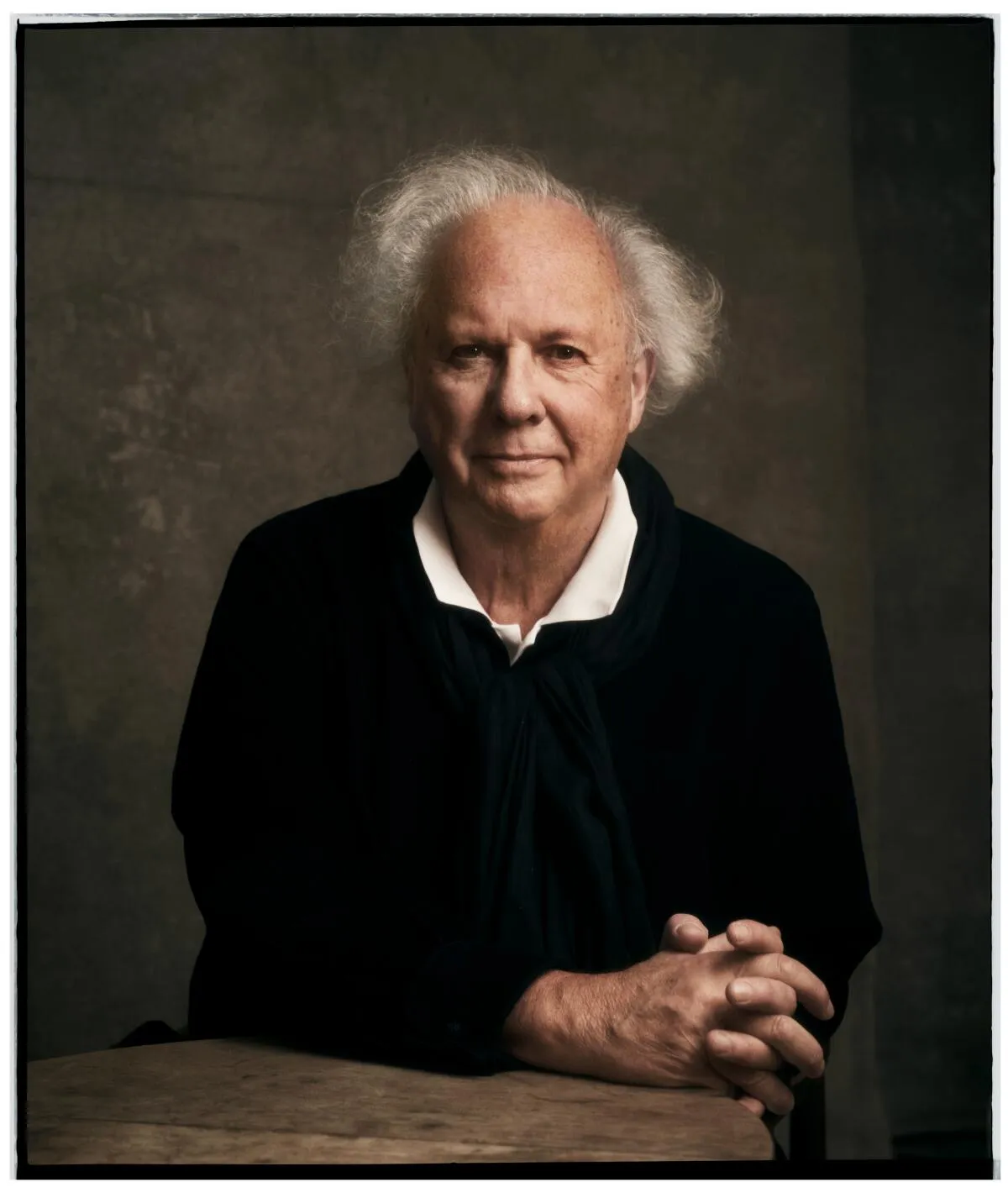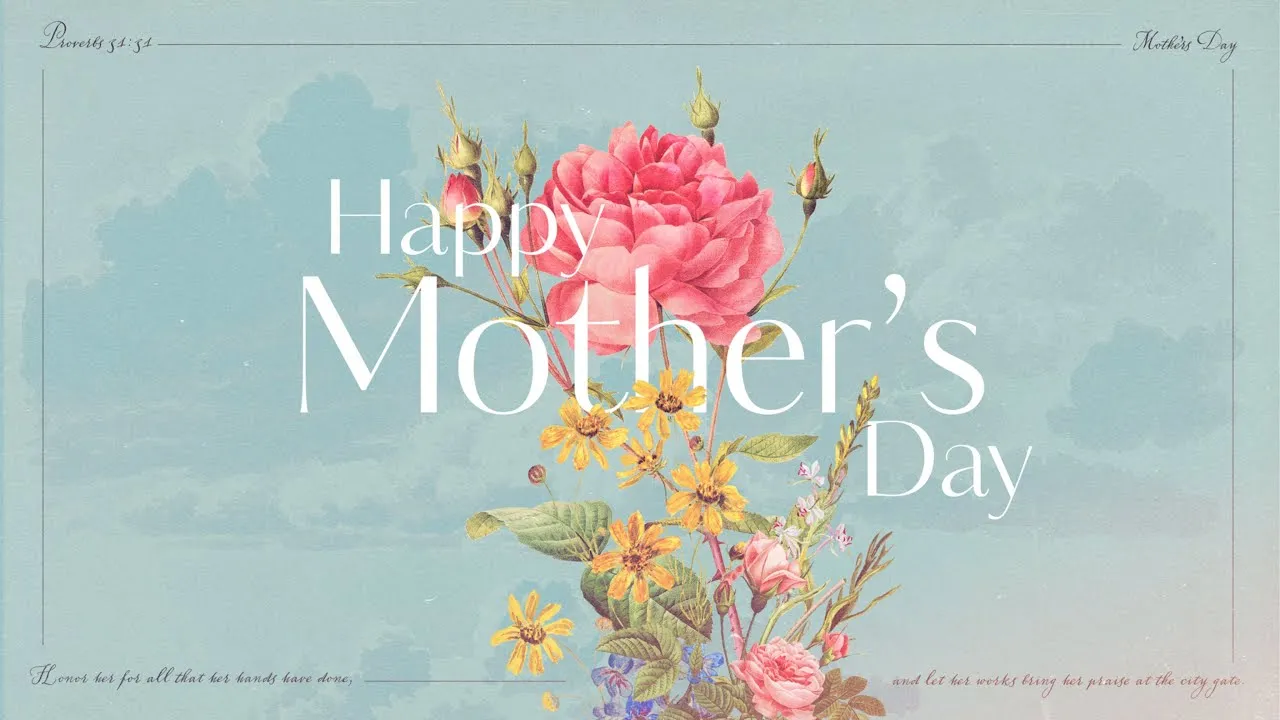Graydon Carter’s Bold Take on Hollywood: Is the Oscars Losing Its Glamour?
In a recent conversation that has ignited discussions across Hollywood, Graydon Carter, the former editor of Vanity Fair, shared his thoughts on the evolving landscape of the film industry and the Oscars’ declining allure. Known for his sharp insights and cultural commentary, Carter’s perspective is particularly relevant as the awards show grapples with a significant drop in viewership and relevance.
Carter argues that the glamour of the Oscars has diminished, attributing this to a myriad of factors that reflect broader changes in entertainment consumption. The rise of streaming services has transformed how audiences engage with films, leading to a shift in preferences that the Oscars have yet to fully embrace. In his view, the prestigious awards ceremony has become somewhat disconnected from contemporary culture, failing to resonate with a diverse audience that now seeks inclusivity and representation.
The statistics paint a concerning picture. Over the past few years, the Oscars have witnessed a significant decline in viewership. For instance, the 2023 ceremony attracted only 16 million viewers, a stark contrast to the 40 million who tuned in a decade earlier. Many critics, including Carter, attribute this decline to a perceived elitism surrounding the event, which often celebrates a narrow selection of films that do not reflect the broader cinematic landscape.
Carter emphasizes the importance of diversity, not just in nominations but also in winners. He believes that the Oscars should celebrate a wider range of filmmakers and genres to attract a broader audience. “The Oscars need to evolve,” he stated in a recent interview. “If they continue to honor the same types of films and filmmakers, they risk becoming irrelevant.”
Another critical aspect of Carter’s argument revolves around the impact of social media on the Oscars’ perception. With platforms like Twitter and Instagram, audiences can share their opinions and critiques in real-time, often leading to a public discourse that can overshadow the event itself. This shift has made it imperative for the Oscars to engage with current social issues and reflect the values of a changing society.
As Carter points out, the Oscars have long served as a cultural touchstone, honoring artistic achievement while also engaging with the pressing issues of the day. However, he suggests that the ceremony must adapt to remain relevant. “The Oscars should not just be about celebrating the best films; they should also be a platform for discussing the issues that matter to us today,” he remarked.
In light of these challenges, Carter advocates for potential reforms that could reinvigorate the Oscars. He suggests that the Academy should consider embracing a more inclusive approach—one that not only acknowledges diverse voices in filmmaking but also curates a lineup that reflects the changing tastes of the audience. This could involve expanding categories, introducing new awards for streaming content, or even revamping the voting process to include a wider range of perspectives.
The conversation around the Oscars is not just limited to Carter’s insights; it reflects a broader dialogue within Hollywood about the future of award shows. As the industry continues to evolve, the Oscars must navigate the complexities of a landscape that is increasingly influenced by technology, audience engagement, and cultural shifts.
In conclusion, Graydon Carter’s bold take on the Oscars highlights the urgent need for change within the prestigious awards ceremony. As viewership declines and cultural relevance wanes, the Oscars face a critical juncture. By embracing diversity, engaging with contemporary issues, and adapting to the preferences of a modern audience, the Academy can work towards restoring the glamour and significance of this iconic event. Whether these changes will come to fruition remains to be seen, but Carter’s perspective undoubtedly adds a valuable voice to the ongoing conversation about the future of Hollywood’s most celebrated night.






Leave a Comment